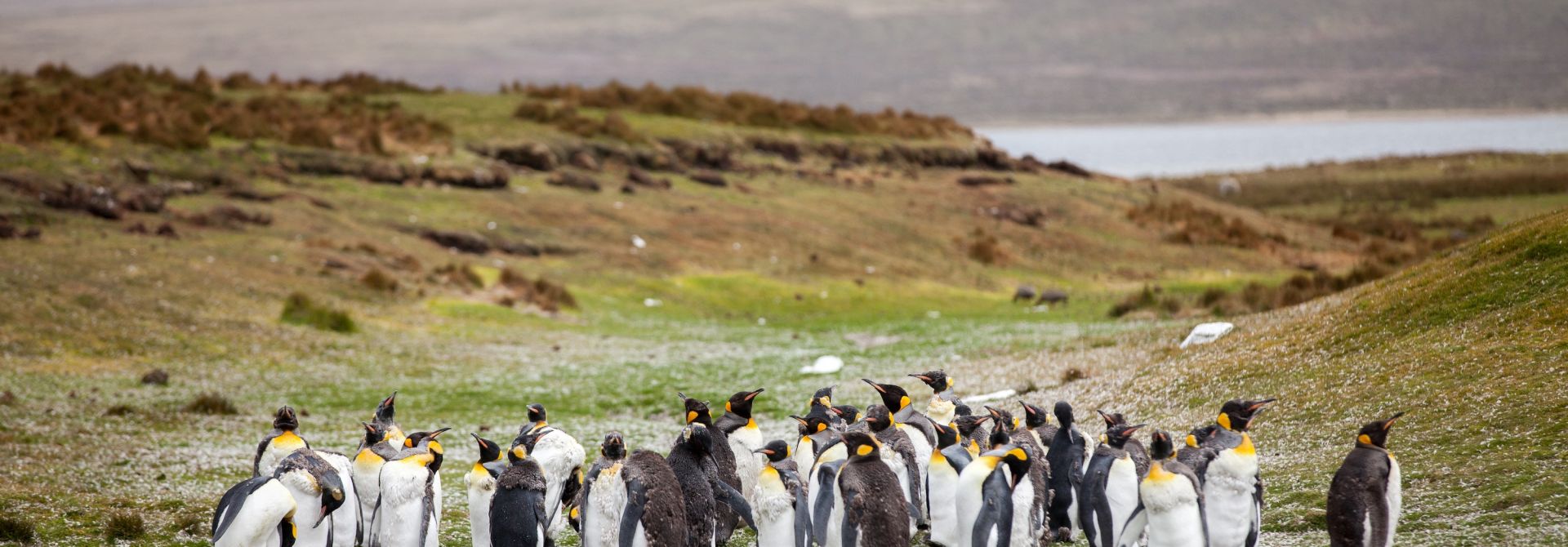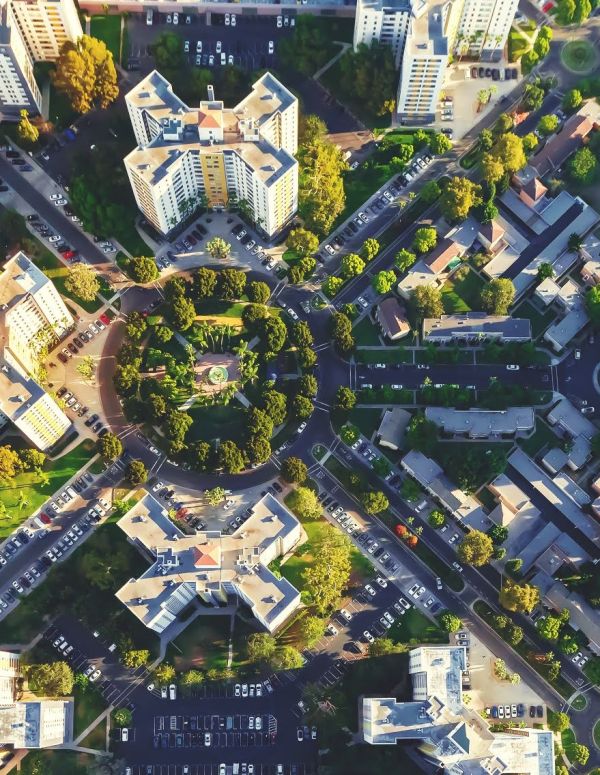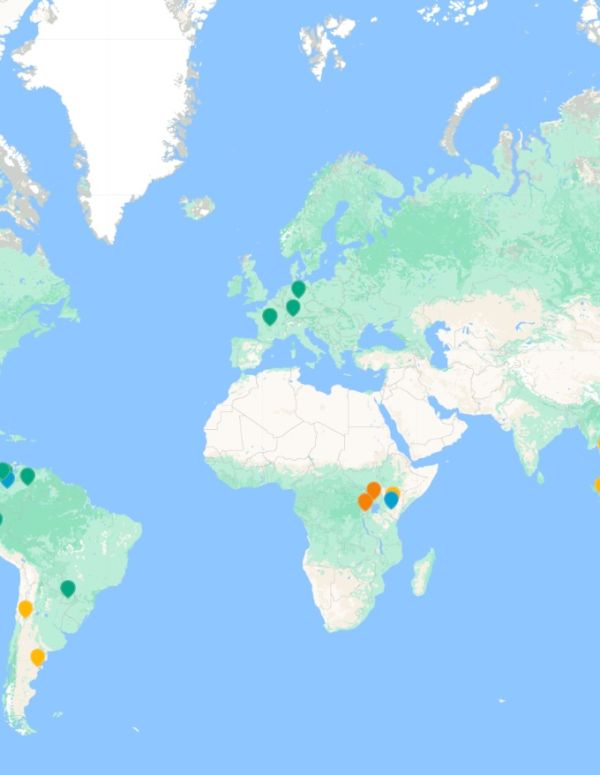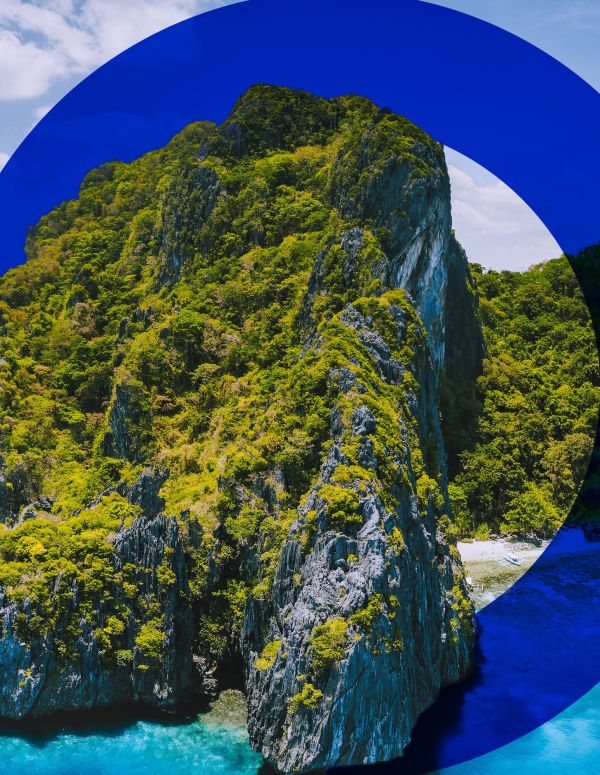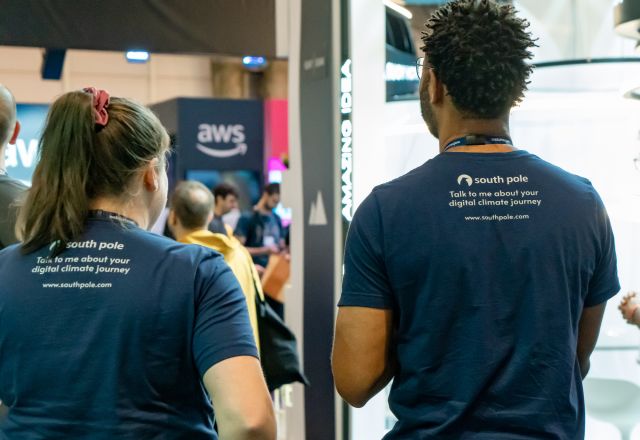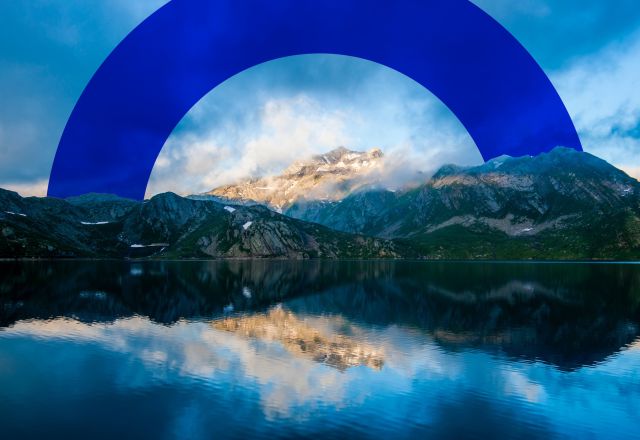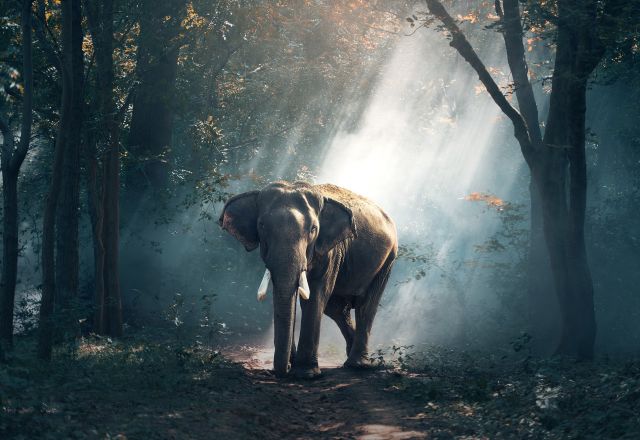Kontakta oss
Vilka vi är
Visa alla


- Vilka vi är Om oss
- Uppdrag
- Ledning & Styrelse
- Våra kontor
- Integritet

Vårt integritetsarbete
Påbörja din klimatresa idag
Läs mer
- Vilka vi är Vad vi gör
- Klimatrådgivning
- Miljöcertifikat
- Finansiera utfasning av koldioxidutsläpp i stor skala

Vårt integritetsarbete
Påbörja din klimatresa idag
Läs mer
- Vilka vi är Vårt Inflytande
- Våra kunder
- Upptäck våra projekt

Vårt integritetsarbete
Påbörja din klimatresa idag
Läs mer

Vårt integritetsarbete
Påbörja din klimatresa idag
Läs mer
Vad vi gör
Visa alla


- Vad vi gör Klimatrådgivning
- Navigera i miljölagstiftningen: mät din klimatpåverkan, rapportera och bedöm dina klimatrisker, allt
- Sätt upp vetenskapligt baserade mål och bygg resiliens
- Minska utsläpp i leverantörskedjan:Engagera intressenter och minska Scope 3-utsläpp

Finansiera klimatåtgärder via koldioxidkrediter
Nettonoll - Din resa börjar här.
Läs mer om
- Vad vi gör Miljöcertifikat
- Förstå de snabbt föränderliga marknaderna, planera en framtidssäker portfölj.
- Köp tillgängliga klimatkrediter och miljöcertifikat
- Säkra en långsiktig ström av koldioxidkrediter

Finansiera klimatåtgärder via koldioxidkrediter
Nettonoll - Din resa börjar här.
Läs mer om
- Vad vi gör Finansiera utfasning av koldioxidutsläpp i stor skala
- Finance decarbonisation at scale
- Upptäck våra projekt

Finansiera klimatåtgärder via koldioxidkrediter
Nettonoll - Din resa börjar här.
Läs mer om

Finansiera klimatåtgärder via koldioxidkrediter
Nettonoll - Din resa börjar här.
Läs mer om
Vårt Inflytande
Visa alla
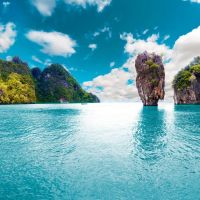

- Vårt Inflytande Våra kunder
- Se alla

Nestlé
Påbörja din klimatresa idag.
Läs mer
- Vårt Inflytande Sektorer
- Aviation and airlines
- Energi/Försörjning
- Modeindustrin
- Finansiella sektorn
- Mat och Dryck
- Offentlig sektor
- Fastigheter
- Se alla

Nestlé
Påbörja din klimatresa idag.
Läs mer
- Vårt Inflytande Upptäck våra projekt
- Naturbaserade lösningar
- Samhällen och rent vatten
- Förnybar energi
- Avfall-till-energi
- Lösningar för plast
- Se alla

Nestlé
Påbörja din klimatresa idag.
Läs mer

Nestlé
Påbörja din klimatresa idag.
Läs mer
Event och Nyheter
Visa alla



- Event och Nyheter Nyheter
- Senaste Nyheterna
- Pressmeddelande

2024 års Net Zero rapport från South Pole

Catching up with Climate
Påbörja din klimatresa idag.
Läs mer här
- Event och Nyheter Event
- Kommande event
- Tidigare Event

2024 års Net Zero rapport från South Pole

Catching up with Climate
Påbörja din klimatresa idag.
Läs mer här
- Event och Nyheter South Pole blogg
- Är din kommunikation kring klimatåtgärder tillräckligt bra?
- FLAG - SBTi:s strategi för fastställande av mål för den markintensiva sektorn tas i bruk
- Förbered dig inför den dubbla väsentlighetsanalysen – nästa steg i CSRD-rapporteringen
- The evolving definition of integrity in the carbon market
- Se alla

2024 års Net Zero rapport från South Pole

Catching up with Climate
Påbörja din klimatresa idag.
Läs mer här
- Event och Nyheter Publikationer
- Alla nedladdningar
- Se alla

2024 års Net Zero rapport från South Pole

Catching up with Climate
Påbörja din klimatresa idag.
Läs mer här

2024 års Net Zero rapport från South Pole

Catching up with Climate
Påbörja din klimatresa idag.
Läs mer här
Vilka vi är
Vad vi gör
Vårt Inflytande
Event och Nyheter
- Är din kommunikation kring klimatåtgärder tillräckligt bra?
- FLAG - SBTi:s strategi för fastställande av mål för den markintensiva sektorn tas i bruk
- Förbered dig inför den dubbla väsentlighetsanalysen – nästa steg i CSRD-rapporteringen
- The evolving definition of integrity in the carbon market
- Se alla

Vårt integritetsarbete

Finansiera klimatåtgärder via koldioxidkrediter

Nestlé

2024 års Net Zero rapport från South Pole

Catching up with Climate
